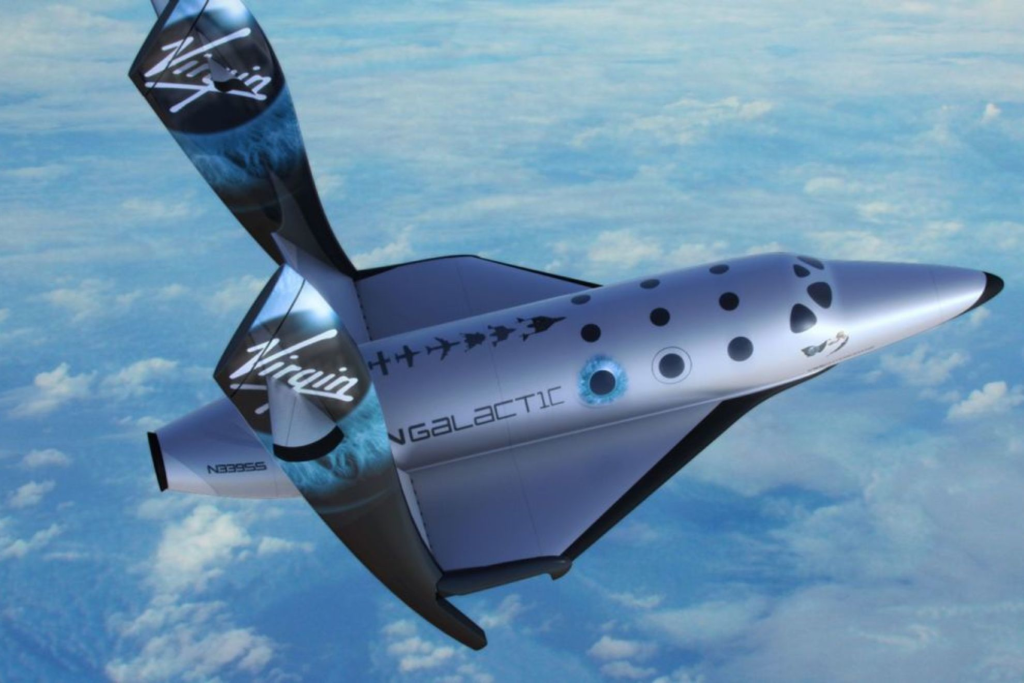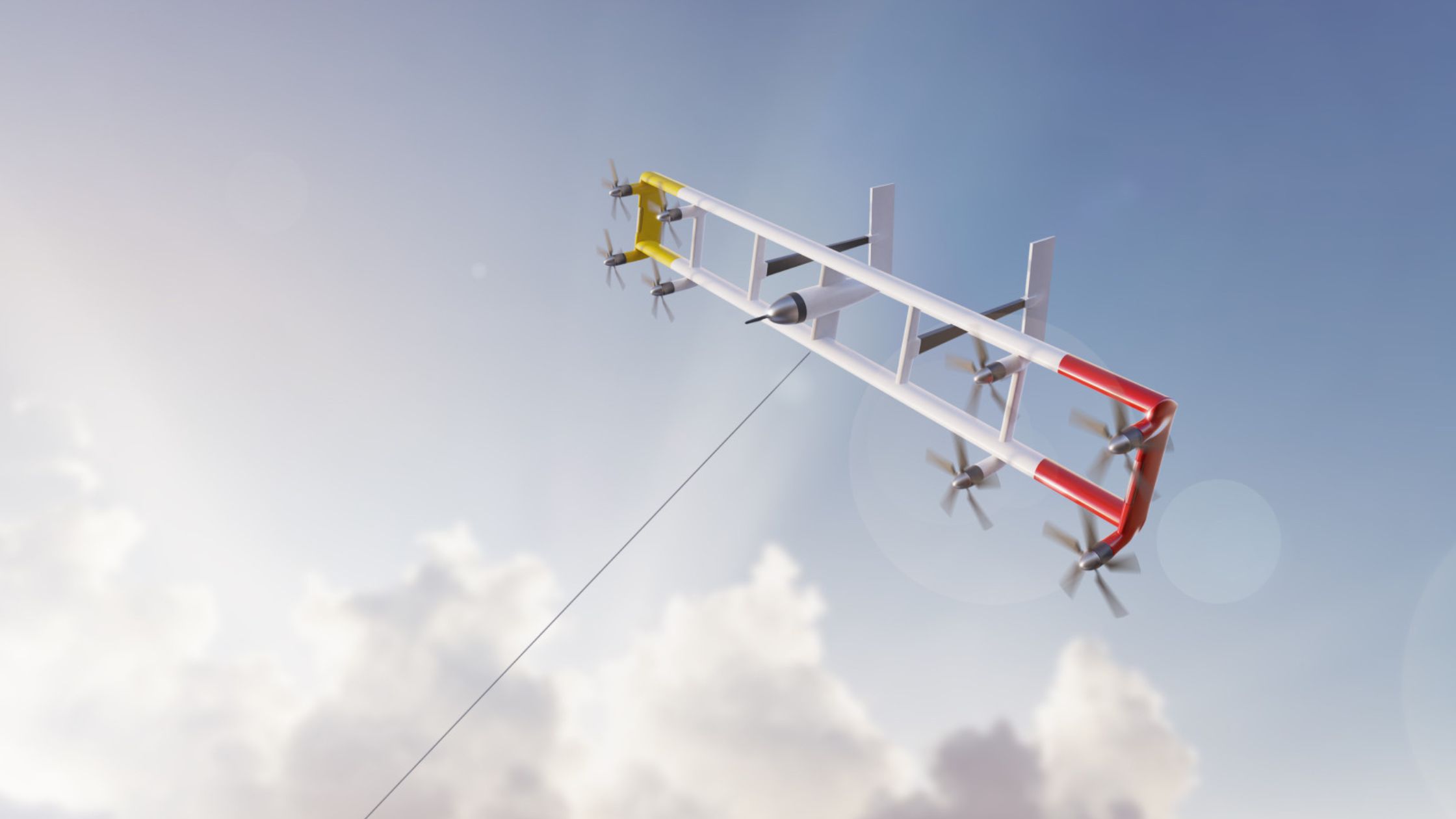As we continue to push the boundaries of human exploration, our voyages into the unknown also expose us to new and unfamiliar health challenges. The latest example? Astronauts. Evidence is piling up suggesting that space travelers become more prone to infections, their immune systems seemingly compromised by their off-Earth journeys.

Astronauts aboard the International Space Station (ISS) commonly suffer from skin rashes, as well as respiratory and non-respiratory diseases. Furthermore, they have been observed to shed more live virus particles such as Epstein-Barr virus, varicella-zoster responsible for shingles, herpes-simplex-1 responsible for sores, and cytomegalovirus. This escalating pattern indicates a potential weakening of our immune system in space, raising a pivotal question: what could be the catalyst for such an immune deficit?
“We discovered a dramatic decrease in the expression of many genes related to immune functions when astronauts reach space. In contrast, when they return to Earth after six months aboard the ISS, the expression of these genes increases,” stated Dr. Odette Laneuville, an associate professor at the Department of Biology of the University of Ottawa and the lead author of a groundbreaking study in Frontiers in Immunology. This research was financed by the Canadian Space Agency.

The research team analyzed gene expression in leukocytes, or white blood cells, of 14 astronauts who resided on the ISS for between 4.5 and 6.5 months from 2015 to 2019. The leukocytes were extracted from 4 milliliters of blood taken from each astronaut at ten different time points: once pre-flight, four times in flight, and five times post-flight.
The analysis revealed 15,410 genes that were differentially expressed in leukocytes. Among these, two clusters of genes, consisting of 247 and 29 genes respectively, showed synchronous changes in expression along the studied timeline. The first cluster, predominantly involved with immune functions, showed decreased expression upon reaching space and increased expression upon returning to Earth. In contrast, the second cluster, related more to cellular structures and functions, showed the opposite pattern.

These results suggest a profound effect on an astronaut’s immune system strength due to these shifts in gene expression during space travel.
“A decline in immunity escalates the risk of infectious diseases, hampering astronauts’ capability to carry out their demanding space missions. In the event of an infection or an immune-related condition evolving into a severe state requiring medical attention, the available care, medication, or evacuation options in space are severely limited,” noted Dr. Guy Trudel, a rehabilitation physician and researcher at The Ottawa Hospital and professor at the Department of Cellular and Molecular Medicine of the University of Ottawa.
However, it’s not all bad news. The data also revealed that most genes in both clusters return to their pre-flight level of expression within a year, and typically much sooner, usually within a few weeks. This finding implies that astronauts returning to Earth may face an elevated risk of infection for at least a month.
In contrast, it remains uncertain how long it takes before immune resistance fully regains its pre-flight strength. The duration is likely to be influenced by factors such as age, sex, genetic differences, and early exposure to pathogens.
The researchers theorize that the alterations in gene expression under microgravity are triggered by a ‘fluid shift.’ This phenomenon redistributes blood plasma from the lower to the upper part of the body, including the lymphatic system, causing a 10% to 15% reduction in plasma volume within the first few days in space. Accompanied by extensive physiological adaptations, this fluid shift appears to be a key factor in the observed changes in gene expression.
As we venture deeper into space, understanding these health implications becomes crucial not only for the safety of our astronauts but also for the future of human space exploration.




